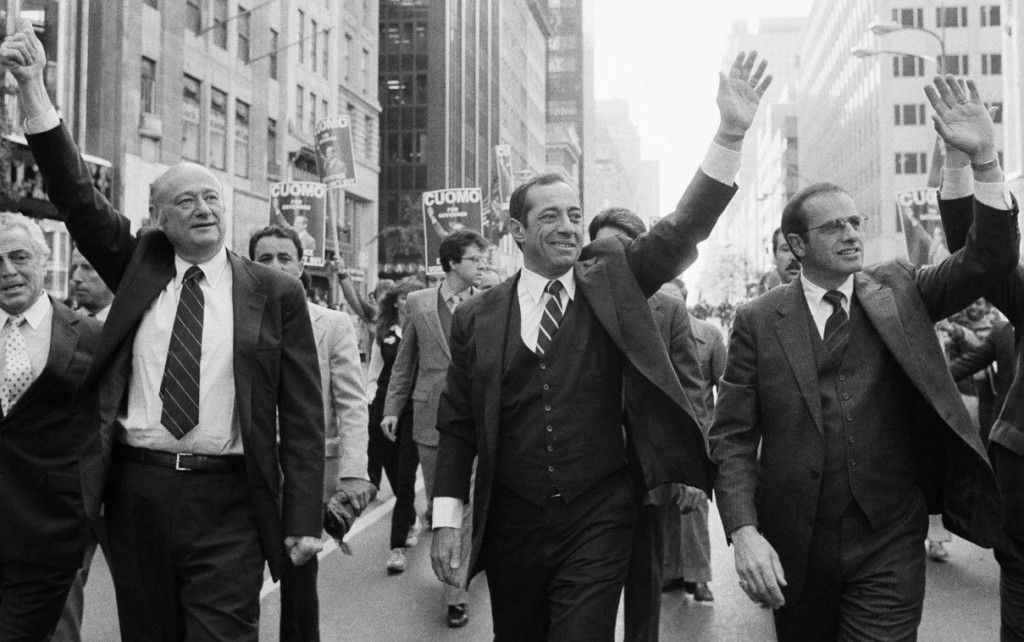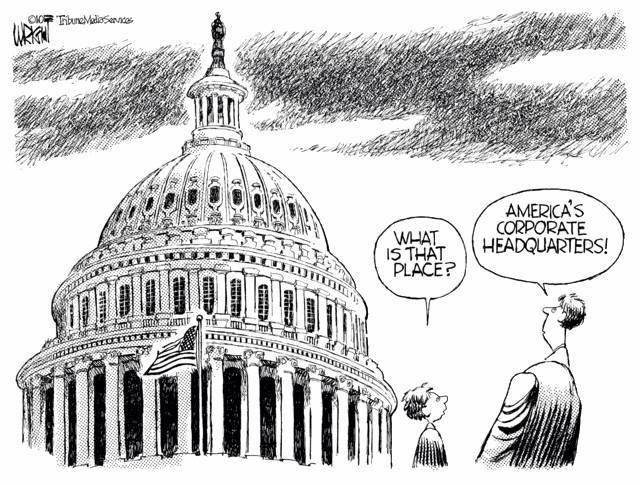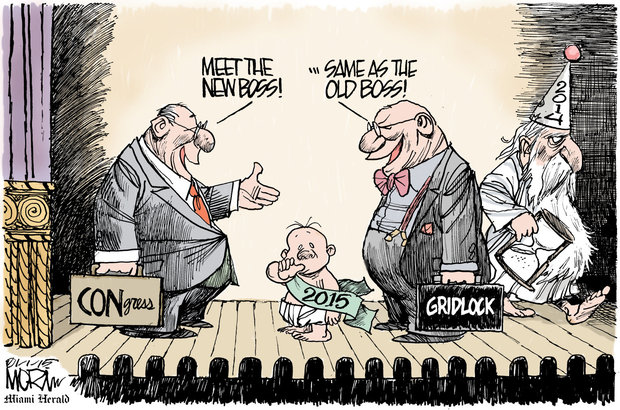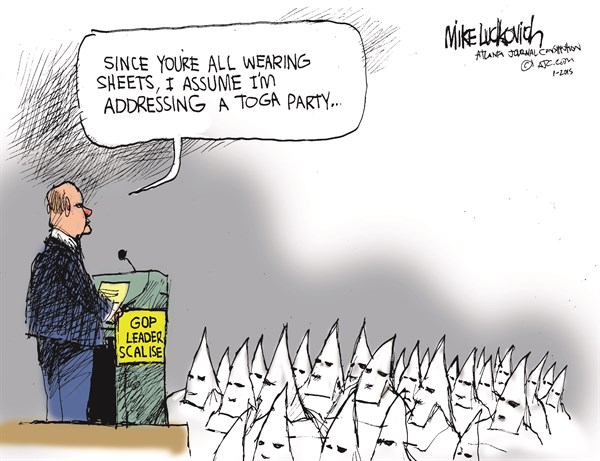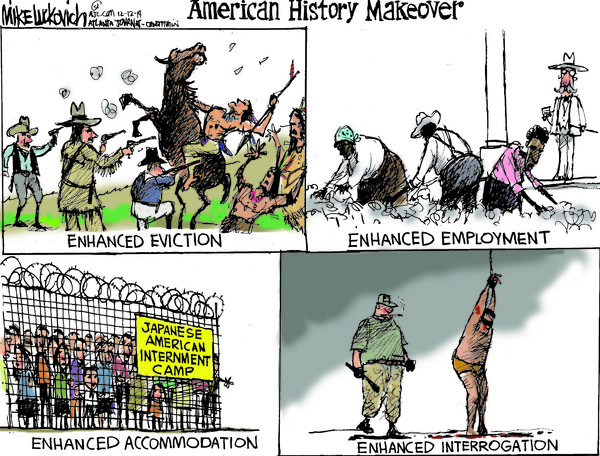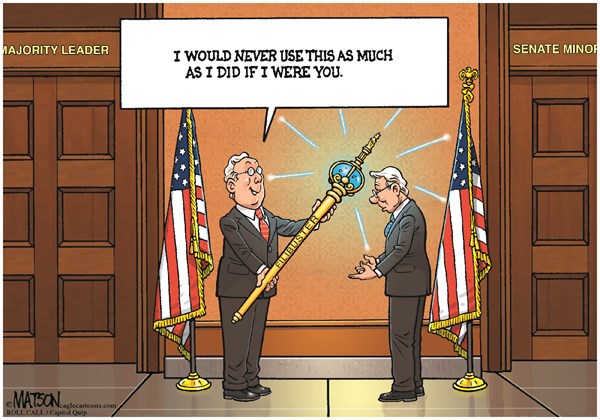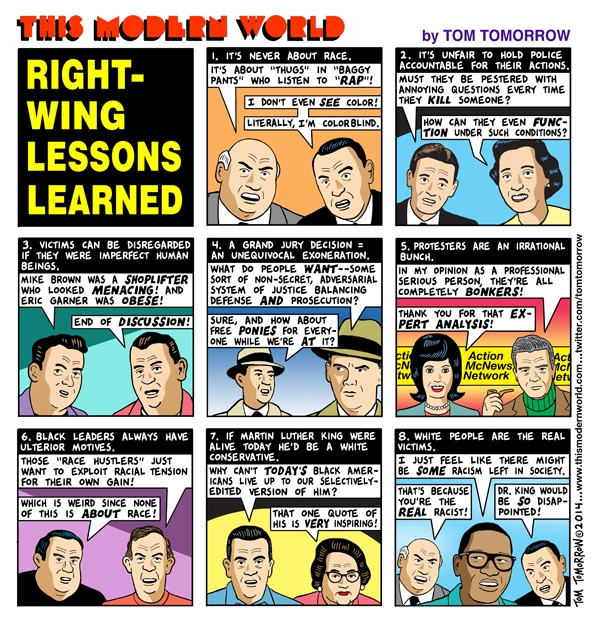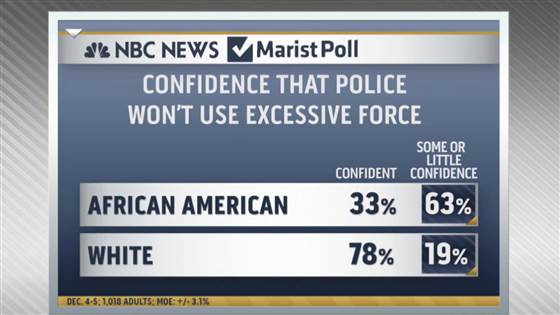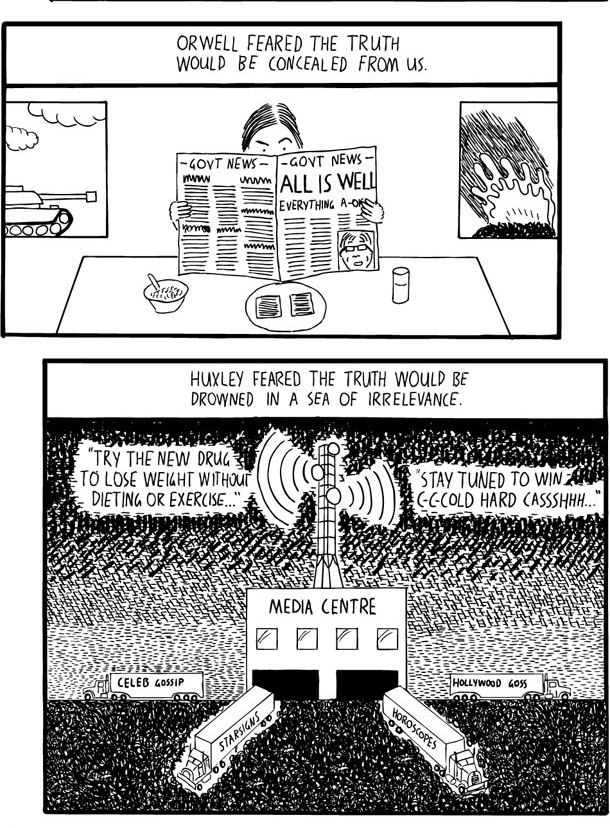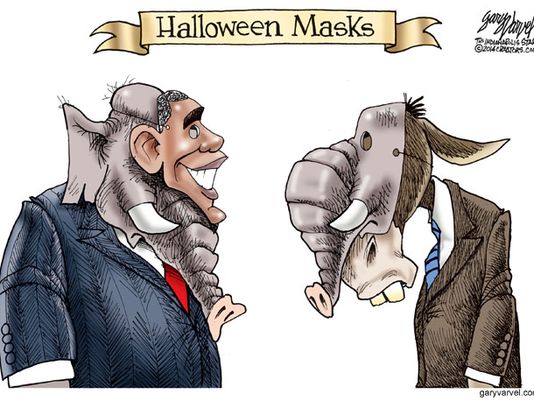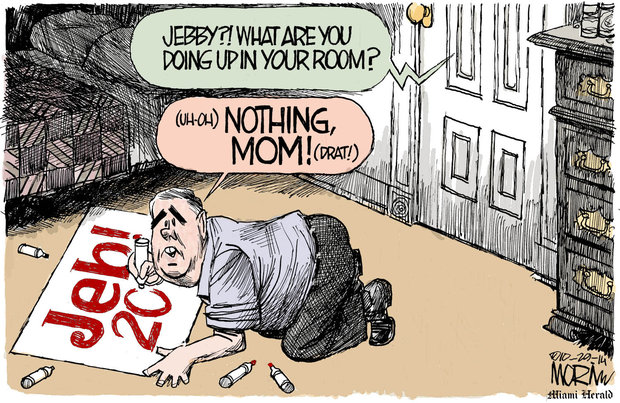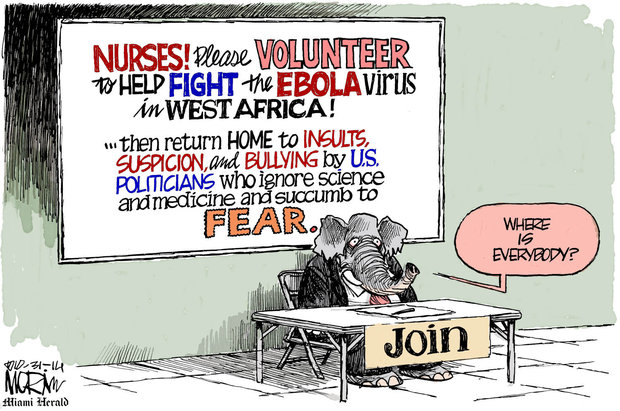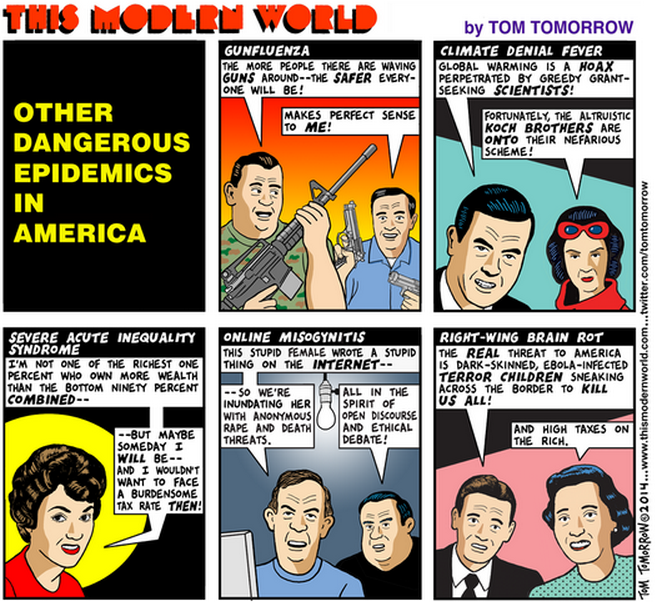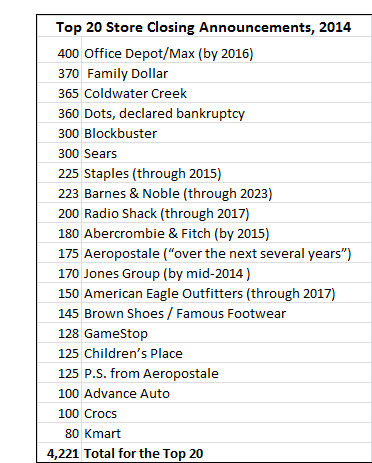The WaPo reported that the world’s 400 richest people added $92 billion to their collective wealth in 2014. Drilling down on the US political implications of that headline, Bloomberg reports: (emphasis by the Wrongologist)
Here’s a bit of perspective on the ever-rising cost of elections and the big-money donors who finance them: Three of the country’s wealthiest political contributors each saw their net worth grow in 2014 by more than $3.7 billion, the entire cost of the midterm elections.
(OpenSecrets.org reported that the tab for the 2014 House and Senate elections came to $3.7 billion.)
Bloomberg’s records show that Warren Buffett, Larry Ellison, and Laurene Powell Jobs (widow of Apple founder Steve Jobs) each earned enough in 2014 to have covered all of that campaign expense with the just the growth in their individual wealth.
So, the 2014 return on investment for political donations seems to be very, very good. And with investment returns like that, Citizens United will remain in place forever.
The Bloomberg Billionaires Index shows that 11 of the political donors that Bloomberg tracks added a combined $33 billion to their wealth in 2014. The implication is that, as the 2016 presidential election season approaches, almost all of those donors will have even more cash to burn contribute.
Their wealth, combined with loosening campaign-finance restrictions and the growing comfort of the wealthy flexing their financial muscles in politics will jump-start 2016 primary campaigns in the next few months. And Congress gave an additional gift to wealthy donors by voting in the CRomnibus to raise the limits on how much individuals can give to political parties: (emphasis by the Wrongologist)
Previously individual donors could give the national party committees up to $32,400 per year. The new law allows donors to add gifts of up to $97,200 to each of three causes: presidential nominating conventions, building funds, and legal proceedings, such as recounts.
That’s a grand total of $324,000 per year, ten times the prior level.
This points to a reality: A wealthy donor can now almost singlehandedly bankroll a candidate, as Sheldon Adelson did for former House Speaker Newt Gingrich in 2012. These buckets of ducats raise questions about whether their political contributions create policy. Bloomberg quotes Craig Holman of Public Citizen:
Our democracy just isn’t going to survive in this type of atmosphere…The US, throughout history, has worked on a very delicate balance between capitalism in the economic sphere and democracy in the political sphere. We no longer have that balance. The economic sphere is going to smother and overwhelm the political sphere.
The sheer amount of money some donors made on paper in 2014 rewrites the context of “big” money in politics. For a state-wide political race, a $1 million cash infusion could change the outcome. For America’s big-money clique, it’s a fraction of what some billionaires can make or lose in a single day.
The NYT’s Binyamin Appelbaum contends in “Who Wants to Buy a Politician?” that there is an upper limit to the political expenditures by the wealthy. He makes the point that during the 2014 midterms, television stations in several contested markets reported that they had sold all of their available slots and that one station in New Hampshire actually issued refunds after selling more ads than it could air.
He says that the real return on political investment is in lobbying, which seems to be more valuable than campaign contributions. Appelbaum quotes Michael Munger, of Duke University:
Incumbents and large corporations can basically spend as much as it would take to defeat some change that would harm them…They spend around 10 times as much on lobbying, suggesting that it’s less effective to influence the selection of policy makers than to influence the policy-making process itself.
Also, the lobbyists threaten legislators that there will be fewer campaign donations next time unless the legislator votes correctly.
Either way, the wealthy have the money to buy the change they need, or you do not.

